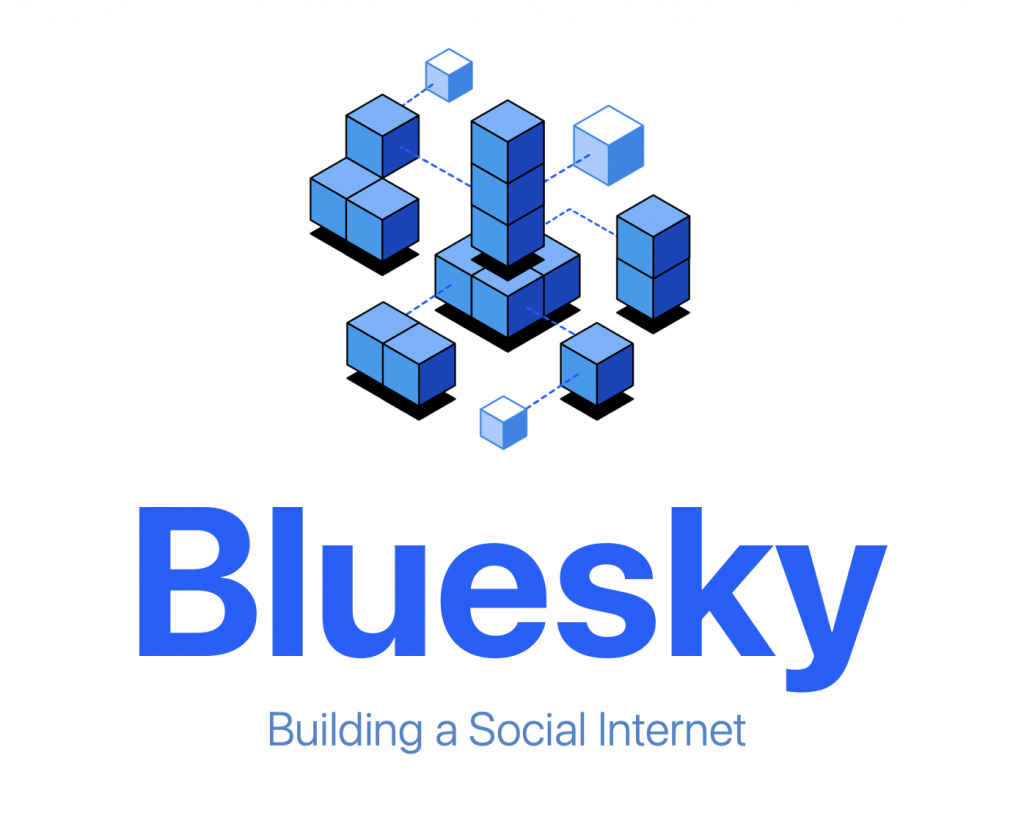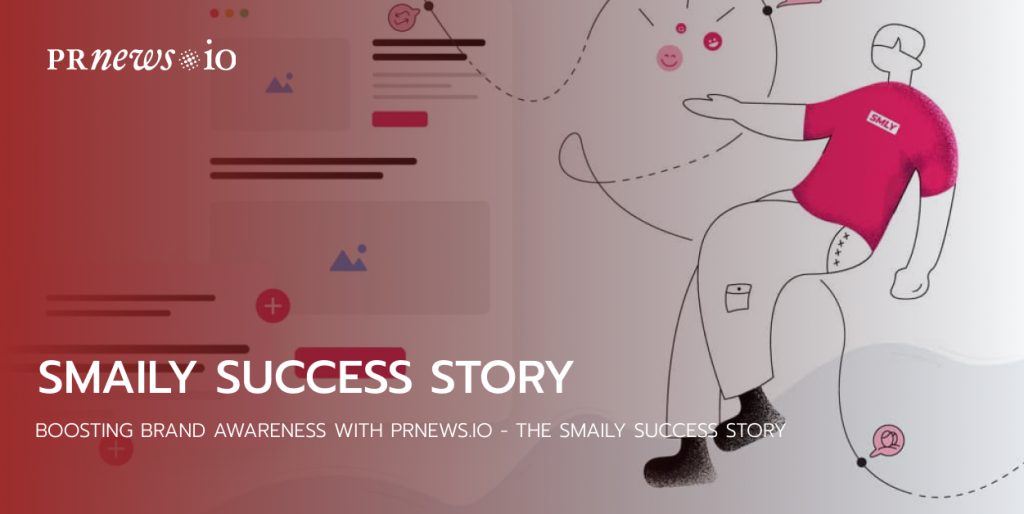
With the recent implementation of new limits on Twitter, as reported by TechCrunch, users are now exploring alternatives that provide a more unrestricted and user-centric experience. In this article, we will delve into the features and benefits of Bluesky as a compelling Twitter alternative, highlighting why it has garnered interest among social media enthusiasts and those seeking a change from the traditional platform.
Challenges and limitations of Twitter
Twitter, despite its popularity and widespread use, faces several challenges and limitations that affect user experience and raise concerns.
Limitations on tweet visibility
Twitter has recently imposed temporary limits on the number of tweets users can view per day. Verified accounts can read 6,000 posts per day, unverified accounts 600 posts, and new unverified accounts 300 posts. Users exceeding these limits receive a “rate limit exceeded” message. The aim behind these limits is to address data scraping and system manipulation. However, these limitations have sparked backlash and affected users’ ability to access and engage with content on the platform.
Privacy concerns
Twitter has been under scrutiny for its handling of user data and privacy practices. Users have raised concerns about the collection, storage, and sharing of their personal information. There have been instances of data breaches and unauthorized access to user accounts, which have eroded trust in the platform’s privacy measures.
Censorship and content moderation
Twitter faces challenges in effectively moderating and addressing content that violates its policies. Balancing freedom of expression with the need to curb hate speech, harassment, and misinformation is an ongoing challenge. Some users criticize the platform for inconsistent enforcement of its rules, leading to concerns about biased or arbitrary censorship.
Algorithmic bias
Twitter’s algorithms, designed to curate content and personalize users’ feeds, have faced criticism for potential biases. Algorithms may inadvertently promote certain viewpoints, amplify echo chambers, or contribute to the spread of misinformation. Users are concerned about the lack of transparency and control over the algorithms that shape their Twitter experience.
Addressing these concerns and limitations is crucial for Twitter’s future. The platform needs to prioritize user privacy, improve content moderation practices, and ensure transparency and fairness in its algorithmic systems. By addressing these challenges, Twitter can regain user trust and create a more inclusive and reliable social media environment.
Introducing Bluesky
Bluesky is a decentralized microblogging platform that aims to revolutionize online communication and create a more equitable and transparent digital environment. It is often referred to as a Twitter clone due to its similarities in design and user interface, particularly resembling Twitter in its early days. The platform is backed by Jack Dorsey, the former CEO and founder of Twitter, who has been a strong advocate for decentralization.

Bluesky’s development started in 2019 when Jack Dorsey funded a team to rebuild Twitter on an open protocol, with the goal of decentralizing the social network. The idea of a decentralized Twitter has been around since the app’s early days when Twitter encouraged third-party developers to build native mobile apps. Bluesky has gained popularity as it opened up invitations to more beta testers, quickly surpassing 50,000 users.
The platform operates on the Authenticated Transport (AT) protocol, a federated social network framework that encourages diverse participation. Unlike Twitter, which operates on a single, centralized server hub, Bluesky relies on numerous smaller dedicated servers connected through the AT Protocol, creating a unified network for users to browse. This decentralized structure empowers users and offers businesses and individuals the option to self-host.
Bluesky allows users to share their thoughts, images, and videos and interact with others through likes, reposts, and replies, providing a familiar experience similar to Twitter. It aims to be a user-centric platform with a focus on decentralization and offers more control over the services users choose to use. The long-term goal of Bluesky is to build a durable and open protocol for public conversation contributed by as many organizations as possible.
Key Features and Benefits of Bluesky
Decentralized Structure
One of the key features of Bluesky is its decentralized structure. Unlike Twitter, which operates on a centralized server, Bluesky relies on numerous smaller dedicated servers connected through the Authenticated Transport (AT) Protocol. This decentralized approach allows for a more distributed network, empowering users and promoting a transparent digital environment.
Open Protocol
Bluesky aims to develop an open protocol for public conversation that is not owned by any single organization. This means that the protocol can be contributed to and evolved by multiple entities, ensuring a more inclusive and collaborative development process.
User Control
Bluesky puts an emphasis on giving users more control over their social media experience. Users have the option to self-host, allowing them to have more autonomy and ownership over their data and content. This approach enables individuals and businesses to tailor their platform according to their specific needs and preferences.
How Bluesky addresses the limitations of Twitter
Bluesky recognizes the importance of privacy and offers enhanced privacy settings to users. With greater control over their data and content, users can customize their privacy preferences, ensuring that their information is shared only with the desired audience. This approach addresses concerns regarding privacy and data protection that have been raised in relation to centralized social media platforms like Twitter.
Bluesky acknowledges the need for effective content moderation to maintain a safe and healthy online environment. While specific details about Bluesky’s content moderation policies and mechanisms may not be available, the platform is likely to employ robust moderation systems to address issues such as harassment, hate speech, and misinformation. This is crucial for fostering a positive user experience and combating the challenges faced by traditional social media platforms.
Bluesky offers a user interface that is similar to Twitter, particularly resembling its early days. This familiar experience ensures that users can easily navigate the platform and engage with content without a steep learning curve. It allows users to transition seamlessly from Twitter to Bluesky, making it more accessible to a wider audience.
Bluesky, like Twitter, features a vertical feed and a navigation bar at the bottom, along with options to repost, like, and reply to posts. The intuitive design ensures that users can quickly understand and interact with the platform’s features, promoting a user-friendly experience.
In summary, Bluesky’s key features and benefits include its decentralized structure, open protocol, user control, enhanced privacy settings, content moderation, and user-friendly interfaces. These elements address the limitations of traditional social media platforms like Twitter, offering users a more transparent, customizable, and user-centric experience.
The Future of Bluesky
Bluesky envisions a future where social media platforms operate on open and decentralized protocols, empowering users and promoting a more equitable and transparent digital environment. Here are some potential developments and long-term goals for Bluesky:
Protocol Standardization
Bluesky aims to establish its protocol as a widely adopted standard for decentralized social media. By collaborating with other platforms and developers, Bluesky seeks to create an interoperable network where users can seamlessly communicate and share content across different platforms.
User-Centric Features
Bluesky may continue to develop user-centric features that prioritize privacy, data ownership, and control. This could include enhanced privacy settings, advanced content moderation tools, and user empowerment through customizable algorithms that allow individuals to curate their own content experiences.
Community Governance
Bluesky may explore community-driven governance models, enabling users to actively participate in decision-making processes and shaping the platform’s policies. This can involve mechanisms such as decentralized moderation, voting systems, and transparent governance structures, ensuring a more inclusive and democratic social media ecosystem.
Integration with Existing Platforms
Bluesky could work towards integrating with existing social media platforms, allowing users to bridge their online presence between centralized and decentralized networks. This integration could facilitate a smooth transition for users and encourage wider adoption of Bluesky’s decentralized principles.
Innovation and Collaboration
As Bluesky grows, it is likely to attract developers, technologists, and innovators who will contribute to its evolution. This could result in the emergence of new features, applications, and services built on top of the Bluesky protocol, expanding the platform’s functionalities and possibilities.
By championing decentralization, Bluesky challenges the traditional model of centralized control over social media platforms. It empowers users by giving them greater control over their data, privacy, and online presence. This shift towards user-centricity may inspire other platforms to reevaluate their practices and adopt more user-friendly and privacy-focused approaches.
Bluesky’s emphasis on open protocols and community governance fosters trust and transparency. Users can have greater confidence in the platform’s content moderation processes, data handling practices, and decision-making mechanisms. This can lead to a more trusted social media environment, combating issues such as fake news, misinformation, and algorithmic biases.
Bluesky’s efforts to standardize protocols and promote interoperability can encourage collaboration between social media platforms. This collaboration could enable seamless communication and content sharing across different platforms, providing users with more flexibility and reducing the monopolistic tendencies of current social media giants.
The rise of Bluesky and its open protocol approach may spur innovation and healthy competition in the social media landscape. Other platforms may feel compelled to adopt similar principles or develop new features to remain relevant and attract users. This competition could lead to improved user experiences, innovative features, and a greater focus on user satisfaction.
While predicting the exact impact of Bluesky is challenging, its commitment to decentralization, user empowerment, and collaboration has the potential to reshape the social media landscape, making it more transparent, user-centric, and conducive to meaningful interactions.
Twitter Alternatives Comparison
| Platform | Description | Website |
|---|---|---|
| Mastodon | A decentralized microblogging platform | mastodon.social |
| Gab | A social networking platform focused on free speech | gab.com |
| Parler | A social media platform promoting free expression | parler.com |
| MeWe | A privacy-focused social network | mewe.com |
| Minds | A platform that rewards users for their activity | minds.com |
| Gab Social | A decentralized social network based on Gab | gab.com |
| Vero | A photo-sharing and social networking platform | vero.co |
| Diaspora | A community-run social networking platform | diasporafoundation.org |
| Steemit | A blockchain-based social media platform | steemit.com |
| Ello | A minimalist social networking platform | ello.co |
Content Marketing Platform
- 100,000+ media publications;
- get backlinks to your product;
- scale work with content distribution.





